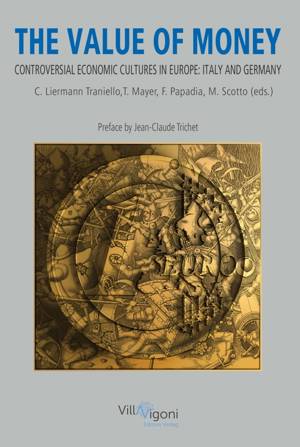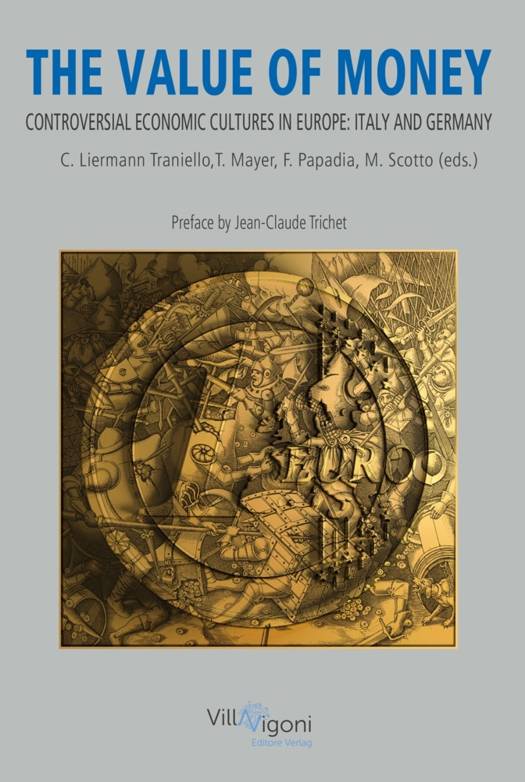
- Afhalen na 1 uur in een winkel met voorraad
- Gratis thuislevering in België vanaf € 30
- Ruim aanbod met 7 miljoen producten
- Afhalen na 1 uur in een winkel met voorraad
- Gratis thuislevering in België vanaf € 30
- Ruim aanbod met 7 miljoen producten
Zoeken
The Value of Money
Thomas Mayer, Francesco Papadia, Christiane Liermann Traniello, Matteo Scotto
Paperback | Duits, Engels
€ 19,95
+ 39 punten
Omschrijving
Thanks to the collaboration with renowned economists and policymakers, the publication compares Italian and German macro-economic cultures and performances. When the Bretton Woods system crumbled and currencies lost their direct link to the dollar and their indirect link to gold, these two countries embarked upon strongly different monetary policies. This divergence was reflected in the evolution of the exchange rates: the value of one D-Mark increased from 170 Italian lira under Bretton Woods to 990 Italian lira at the start of European Monetary Union: an astounding devaluation of about 85 per cent for the lira! Firstly, the volume describes the German and the Italian economic and, specifically, monetary models, with major attention paid to institutions such as Deutsche Bundesbank and Banca d'Italia, analysing their development in a diachronic perspective. Secondly, these paradigms are contextualized within a broader European context, which is fundamental to reflect upon possible future scenarios.
Specificaties
Betrokkenen
- Auteur(s):
- Uitgeverij:
Inhoud
- Aantal bladzijden:
- 291
- Taal:
- Duits, Engels
Eigenschappen
- Productcode (EAN):
- 9783969664803
- Uitvoering:
- Paperback
- Afmetingen:
- 162 mm x 30 mm
- Gewicht:
- 594 g

Alleen bij Standaard Boekhandel
+ 39 punten op je klantenkaart van Standaard Boekhandel
Beoordelingen
We publiceren alleen reviews die voldoen aan de voorwaarden voor reviews. Bekijk onze voorwaarden voor reviews.











